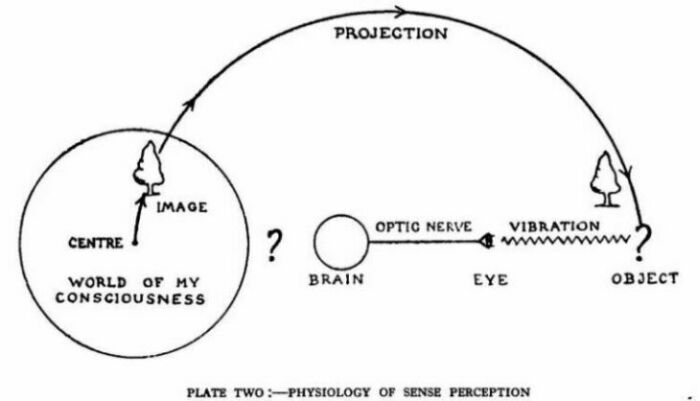drug_mentor
Bluelight Crew
- Joined
- Jul 12, 2006
- Messages
- 7,538
Following a post made by Sigmond in the P&S Suggestions thread, I thought I would make a thread for posters to share what they are reading, and to recommend books and articles to others.
Currently I am reading two philosophy books:
Thinking Clearly: a guide to critical reasoning by Jill LeBlanc
Beginning Logic by E. J. Lemmon
I would recommend Thinking Clearly to anyone who is looking for a book on critical thinking. It is a clear and concise book which makes the subject matter easy to consume. The back of the book has a website you can go to and work through exercises which relate to each of the chapters, which is a nice bonus.
I have not made much of a start on Beginning Logic, and being otherwise relatively unfamiliar with formal logic I can't comment a great deal on the quality of the book. I would note that this is the prescribed text for the entry level symbolic logic unit at the University I attend, so I would infer from this that it gives the attentive reader a reasonable grounding in formal logic.
At times I don't find this book particularly clear, but I think part of the problem is the book assumes a background knowledge of mathematics, which I don't have much of.
Could anyone recommend a good, relatively short introduction to Continental philosophy? So far my exposure has mostly been limited to the analytic tradition.
Currently I am reading two philosophy books:
Thinking Clearly: a guide to critical reasoning by Jill LeBlanc
Beginning Logic by E. J. Lemmon
I would recommend Thinking Clearly to anyone who is looking for a book on critical thinking. It is a clear and concise book which makes the subject matter easy to consume. The back of the book has a website you can go to and work through exercises which relate to each of the chapters, which is a nice bonus.
I have not made much of a start on Beginning Logic, and being otherwise relatively unfamiliar with formal logic I can't comment a great deal on the quality of the book. I would note that this is the prescribed text for the entry level symbolic logic unit at the University I attend, so I would infer from this that it gives the attentive reader a reasonable grounding in formal logic.
At times I don't find this book particularly clear, but I think part of the problem is the book assumes a background knowledge of mathematics, which I don't have much of.
Could anyone recommend a good, relatively short introduction to Continental philosophy? So far my exposure has mostly been limited to the analytic tradition.
Last edited:


 those would definitely help you look into mathematical philosophy or theoretical computer science, but not day to day thinking IMO. i feel the human mind operates reason in a very different manner, and that's what this guys were missing (and several other philosophers i have read...).
those would definitely help you look into mathematical philosophy or theoretical computer science, but not day to day thinking IMO. i feel the human mind operates reason in a very different manner, and that's what this guys were missing (and several other philosophers i have read...).